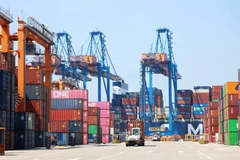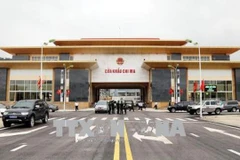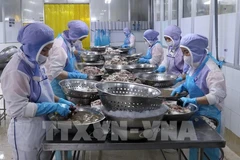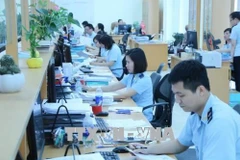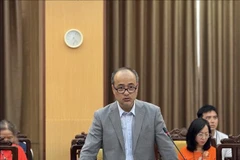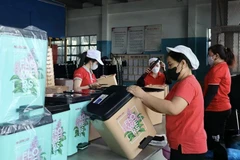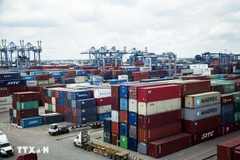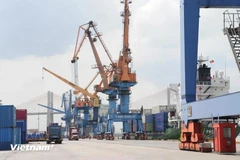An executive from a garments company inDong Nai province complained that at the moment it was extremelydifficult to recruit staff. The company has received only a few hundredapplications for 1,700 vacancies after several months of advertisingdespite the company’s commitment to cover training costs.
Nguyen Thi Lan, from the Department of Labour, War Invalids andSocial Affairs in Binh Duong province, said that manyenterprises in the province, especially in garments, leather shoes andwood processing, have sent officials out to every corner of the provinceto recruit workers.
The Deputy Head of the HoChi Minh City Export-Processing and Industrial Zone Managerial Board(HEPZA), Nguyen Tan Dinh, is also worried over the problems withrecruitment, saying that HEPZA alone would be looking for at least37,000 more workers from now until the end of the year.
However, his boss Vu Van Hoa blamed the problem on employers beingnegligent in not improving basic living conditions for workers,especially housing and food.
He added that currentsalaries could not cover the extremely high cost of living in thecountry’s major cities, making many workers return home to look forlocal jobs, even at lower salaries.
This is one ofthe reasons for the massive exodus from export-processing zones andindustrial parks, Hoa concluded.
The Department of Labour, War Invalids andSocial Affairs in thecentral province of Quang Nam reported that the province hadrecorded 45,000 local people of working age leaving home mostly for thesouthern provinces in 2000 but now almost half of them have returned andare working in local businesses.
The Rector ofthe HCM City Institute for Economics, Tran Du Lich, said that 60 percentof the HEPZA workforce were migrant workers and suffered from hardliving conditions and unstable jobs.
To solve theproblem, the Ministry of Labour, War Invalids and Social Affairs has come up with several solutions, including a nationaljob creation programme for the 2011-15 period. The scheme is to focuson rural labour markets and provide stable jobs with decent incomes.
The General Department of Vocational Training said thatit surveying market demands and the needs of different advantageseconomic zones in order to provide suitable vocational training./.

